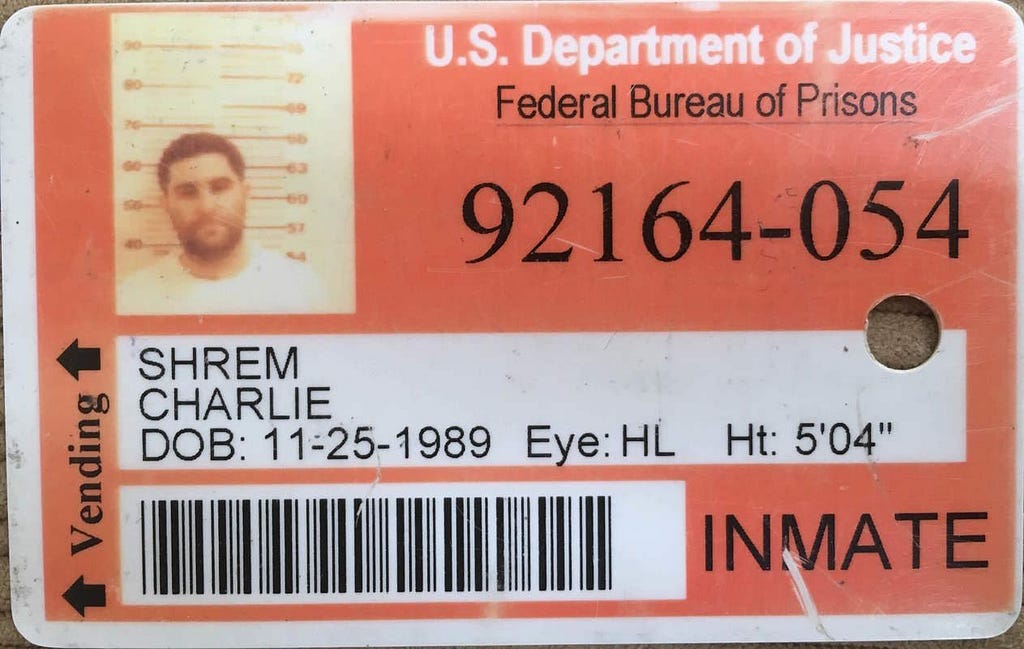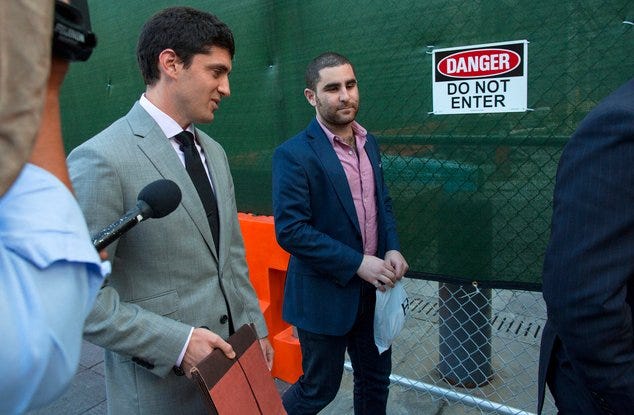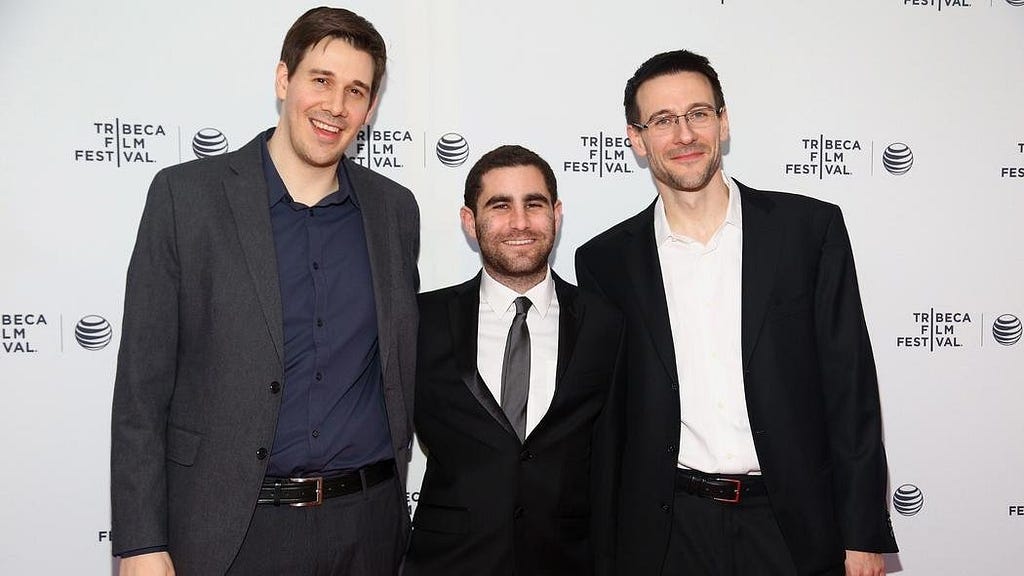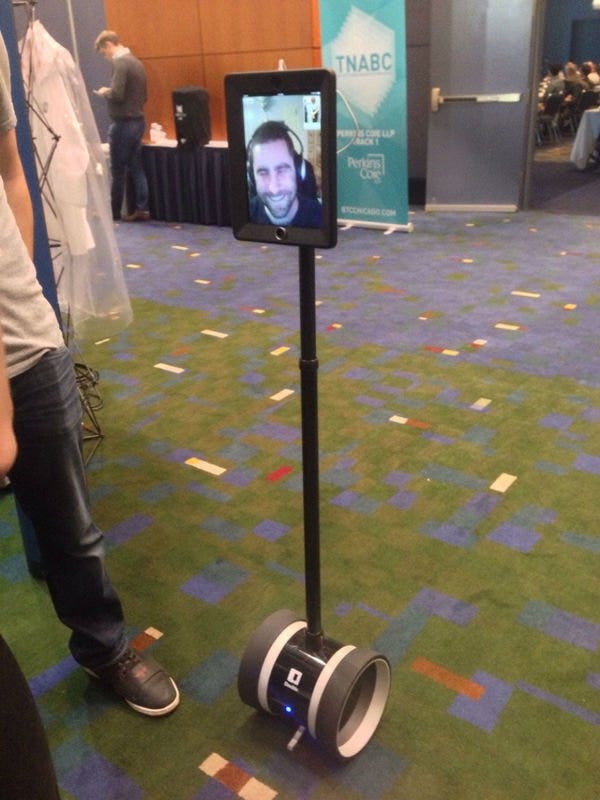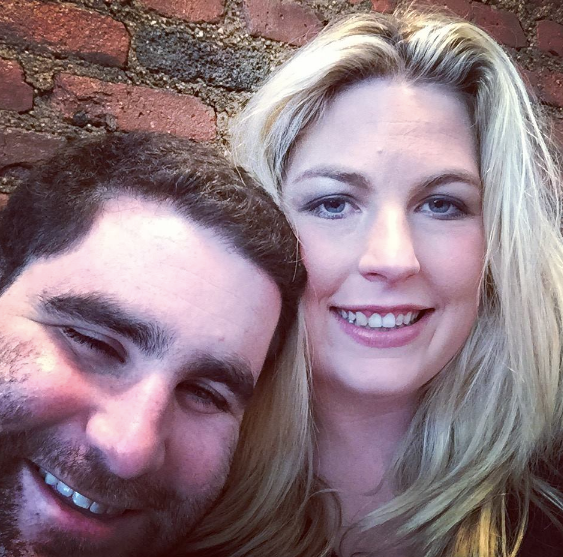Latest news about Bitcoin and all cryptocurrencies. Your daily crypto news habit.
A Geek in Prison is Bitcoin Pioneer Charlie Shrem’s account of his experience going from being a force for increasing adoption of Bitcoin before the world had heard of cryptocurrency to a 15-month stint in federal prison for selling it to the wrong people. In his excitement to spread the word about Bitcoin, Charlie fell afoul of the law and acknowledges that he committed the crime. He has since gone on to found Crypto.IQ, an educational and investment firm.
There is no foolproof way to prepare for prison.
On March 30, 2015, I self surrendered to Lewisburg Federal Prison Camp after I was sentenced to two years for aiding and abetting an unlicensed money transmitting business, for which I was guilty.
In my case, the only thing I could do to prepare myself was to embrace the idea that, for the foreseeable future, I wouldn’t be around. But I was optimistic because the only way to get through it, was to fully embrace it and take it head on. Which is what I did.
On March 5, 2015, about 30 days before my self surrender, I wrote this on my blog:
I’ve been dreading writing this blog post, and since I’ve written it, it’s been sitting as a draft for a few weeks. Nevertheless, it’s time I get on with it. On March 30th, I’ll be self surrendering to Lewisburg Federal Prison Camp in Pennsylvania. It’s been a long hard fight, from getting arrested at JFK airport while landing home, to solitary confinement and being under house arrest the for the past 14 months. When the government indicted me and requested 30 years, I kept my head up with the help of friends, family, and the Bitcoin community. While some distanced themselves, most stood by and fought. I owe my life to those people. Of course I don’t look for sympathy. I did the crime and I will do the time. They say those who stand by you in the bad times deserve to be with you in the good times. Good times are coming, and I look forward to it.
Optimism
No matter how sad I was feeling, I needed to stay positive with my head up, because once I fell into a spiral of self pity and depression, there would be no coming out.
So I started taking notes from other people who had been to Lewisburg to find out everything could to prepare myself for this experience.
- Keep books/newspapers under 13 oz. Keep it to 4 per package.
- Get USA Today delivered. It’s dropped off directly.
- Always use Amazon for books.
- Bring a list of people to communicate with: Name/Mailing Address/ Email Address/ Phone number
- Understand that I get 300 minutes every month for the phone, maximum. Nov/Dec it’s 400 minutes.
- Email/Phone are busiest mostly after dinner.
- Get a watch
- $360 a month is max you can spend on commissary, not including phone and email.
- Buy sneakers.
- Try to get an education job, teaching other inmates.
- Don’t gamble
- Get there 8:45 a.m. Then complete strip search, get temporary clothes, do medical intake, sign forms, and meet a counselor.
- Get Corrlinks app for iPhone; it becomes like instant messaging. Can print emails.
- Write physical letters.
- Stay optimistic.
But what was prison going to be like? What was my day going to consist of from waking up until I went to sleep? No one could answer these questions except for me. I needed to accept that I was going to be in prison, and I was going to use the time wisely.
There was a lot to do. What do I do with my email account? How do I secure my Bitcoin wallet. How do I keep my phone number? How will I maintain a relationship with my family?
All these questions were burning in my head, and I couldn’t find anything online to help me.
On December 19, 2014, I stood up facing the judge and said:
“Bitcoin is what I love and all I have. It’s my whole life. It’s what I’m on this earth to do, is to help the world see a financial system that does not discriminate and provide for corruption, and I think that Bitcoin will do to money what email did to the postal service. It allowed everyone to be equal. People in Africa, the Middle East, Asia, will have the same opportunities now with Bitcoin, and because of this now, because you can move money instantly and information on a peer-to-peer system. And I think that’s really important. And if your honor grants me that, I’d love to be back out there, helping the world and making sure people don’t do stupid things like I did.”
In a letter to the Judge a few days earlier, my lawyer had written:
“Had the Greeks known of crypto-currencies and of certain provincial Brooklyn neighborhoods, a tragedy could have been written about a boy who, through Dionysian passion and a little hubris, helped nurture an idea — Bitcoin — that was new to the world and that could change how the world — the whole world — passed value from one person to another.”
This new idea would take the boy from his neighborhood. The boy would see himself as an almost sacred guardian of this new idea, charged with the awesome responsibility of bringing it out of the darkness and into the light of widespread, mainstream acceptance. However, in the chaos of developing the new idea, he would drop his guard and allow the dark forces to caste it in shadow.
He would be to blame. He would be viewed not as its protector but as its destroyer, the destroyer of the one thing — the idea he loved most. He would be sent back to his provincial neighborhood and, for a while, would live in his parents’ basements, all the while dreaming of the time he could return to his lifelong task of helping — of being just one of many — to bring this new idea further into light.
The rest of the story remains to be written.
However as fate would have it, I was heading to prison.
The courtroom cleared out while I stood back to take it all in.
Putting all those factors, as well as all the other facts under Section 3553(a), which the Court had considered, into the equation. The Court thinks that the appropriate sentence is two years. Accordingly, the defendant will be sentenced to two years in prison, 24 months.
Two years in Federal prison. At this point I had been under house arrest for about 18 months, and I thought I would get probation or maybe another year of house arrest, but two years?
Before Thursday’s hearing in New York federal court in downtown Manhattan, Mr. Shrem, in jeans and a dark suit jacket, sat alone on a bench outside courtroom 14B, his right leg crossed over his left as he read a book. He appeared calm, fidgeting only slightly once he entered the courtroom. Known for his charisma, he was instead stoic, his voice unwavering
Looking back, this day, December 19, 2014 was one of the most important days of my life and even one of the happiest. Why? Finally there was light at the end of the tunnel. I was facing 30 years and went to sleep every night since my arrest thinking that I would spend the rest of my adult years in prison. When the Judge said two years, I breathed a sigh of relief. After good behavior, it would be a little over a year.
I could make it, I think.
It was agreed. I would be given 90 days to get my life in order and prepare for my self surrender on March 30th. At this time, Courtney and I were living in New York City, just enjoying things that I wouldn’t be able to do once I was in jail. We spent the days and nights living like it was our last. I continued to be apart of the Bitcoin community, skyped into conferences and consulted for different companies to pass the time until my impending incarceration.
Two months later, it’s March 1, and I’m not ready. I had been living life as if nothing was wrong, and I wasn’t about to go to prison. How do you mentally prepare yourself for this? You don’t. You physically get prepared, drive up to the prison, and walk in.
So that’s what I did. Called up the moving company and packed up my life into boxes. Cancelled my lease, suspended my cell phone number, added multi factor to my email accounts, Bitcoin accounts, and hoped to g\God that a hacker wouldn’t get into any of my accounts while I was away.
- Cell phone: I called up Verizon and had my phone number suspended. I needed to keep my number and many cell phone companies allow you to pay $10 a month to keep the line in a suspended state.
- Gmail: I made sure two- factor is working and gave backup codes to my loved ones. It was important to make sure I had enough storage to cover a year’s worth of emails. I had to pay Google $10 a month for extra storage on my various email accounts.
- Bitcoin wallet: Without giving too much away, I had to secure various wallets. I even set up honeypot wallets assuming someone would try and break in (Spoiler- someone tried).
- Physical stuff: In our apartment, the furniture was rented, so scheduling a pickup was easy. We had a moving truck come a day before and pickup the rest of our things.
- Bank accounts: Spoke to my bank and let them know my situation. At the time, I was banking with the Internet Archive Credit Union and was good friends with their staff. They understood and suspended any transfers in or out of my account.
- Power of Attorney: Very important before going to prison, or even a surgery. Have someone able to make decisions on your behalf.
March 30th, 5:30 a.m. It was freezing in New York City. We all packed into the car and drove up to Lewisburg, PA. After a quick breakfast at Panera, which would be my last as a free man, we drove up to the prison.
My goodbye to Courtney was quick. I told her I loved her and would see her at the first visit. I didn’t cry even though I wanted to. I needed to be strong. I walked through those doors and did not look back.
It would be 13 months before I walked through those doors again.
……Next post: Prison Day 1
Charlie
A Geek in Prison — A Life Series by Charlie Shrem (Part 1) was originally published in Hacker Noon on Medium, where people are continuing the conversation by highlighting and responding to this story.
Disclaimer
The views and opinions expressed in this article are solely those of the authors and do not reflect the views of Bitcoin Insider. Every investment and trading move involves risk - this is especially true for cryptocurrencies given their volatility. We strongly advise our readers to conduct their own research when making a decision.
